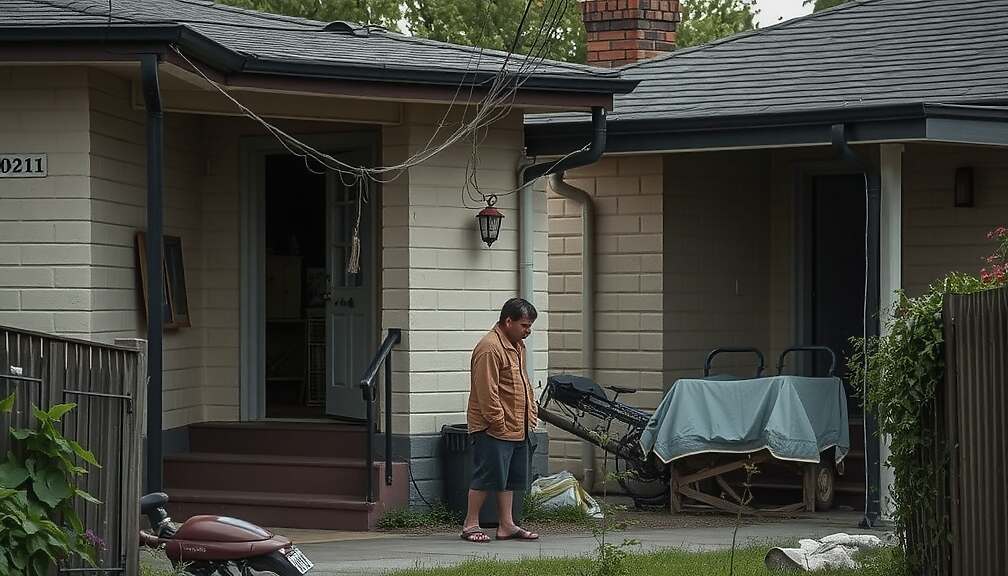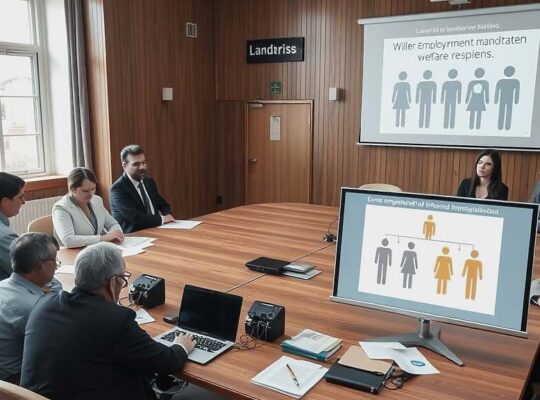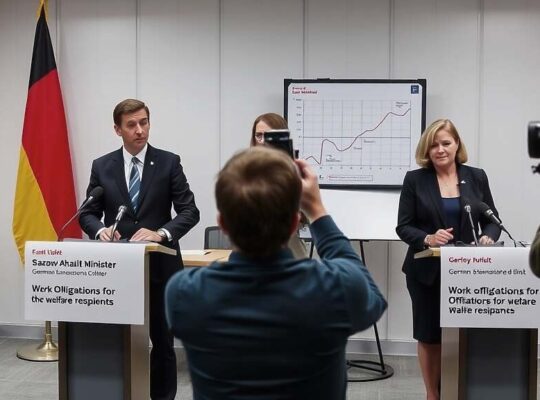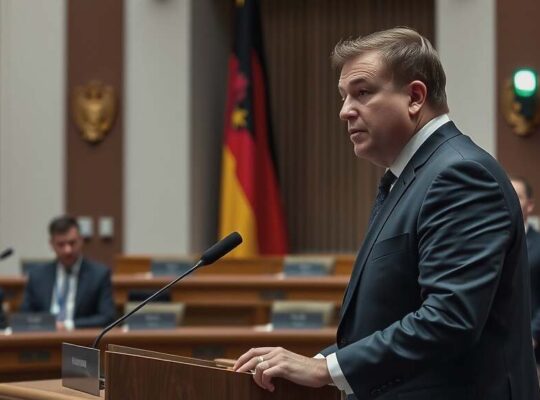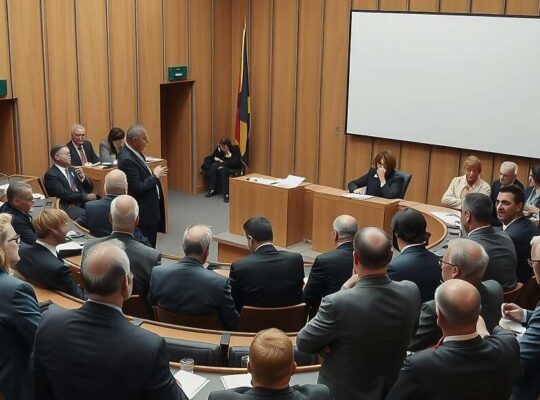A significant number of households receiving Germany’s basic income support (Bürgergeld) did not receive full reimbursement for their warm rent costs last year, according to a recent parliamentary inquiry. The Federal Government’s response, detailed in a report by Der Spiegel, reveals that approximately 334,000 households experienced this shortfall.
The data indicates that 12.6% of households participating in the basic income system faced partial reimbursement, ultimately needing to cover an average of €116 from their regular allowance. This situation arises because while the law stipulates reimbursement of “reasonable” housing costs – including cold rent, utilities and heating – local municipalities establish maximum rates. If actual costs exceed these limits, job centers are permitted to reimburse only up to the municipal cap, requiring recipients to shoulder the difference, creating what is termed a “housing cost gap.
The standard allowance for single individuals currently stands at €563 per month. Within this group, 11.9% experienced the housing cost gap, averaging €96.99. For single parents, the proportion was 13.6%, with an average shortfall of €130.95. Households with at least one child under six years old faced a 12.2% rate of shortfall, averaging €146.41.
The potential for capping housing costs within the Bürgergeld system has been raised by Federal Chancellor Friedrich Merz. Frank Böttcher, head of the Duisburg job center, asserted to Der Spiegel that such a de facto cap already exists, stating his center actively encourages recipients to seek more affordable housing options. Specific limits are imposed, with a maximum allowable expense of €8.50 per square meter, restricting single individuals to a maximum monthly rent of €425. Amounts exceeding this must be covered from the individual’s allowance.
Left Party (Die Linke) politician Cansin Köktürk described the situation as a “scandal” for a country that considers itself social, emphasizing that these shortfalls are being paid for with money intended for daily life necessities such as food, clothing and childcare. Sahra Mirow, another Left Party representative, criticized the lack of affordable housing, arguing that recipients often lack viable options for lower-cost living. She urged the federal government to ensure Bürgergeld adequately covers real housing and energy costs until sufficient social housing becomes available.


